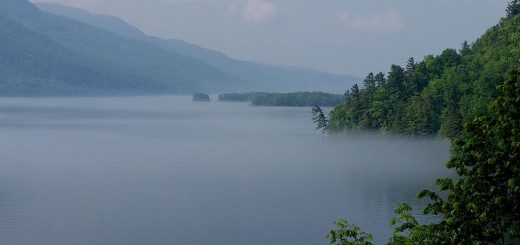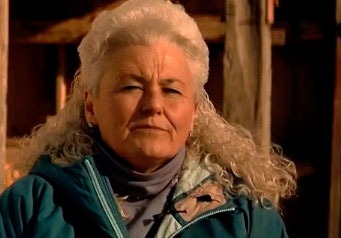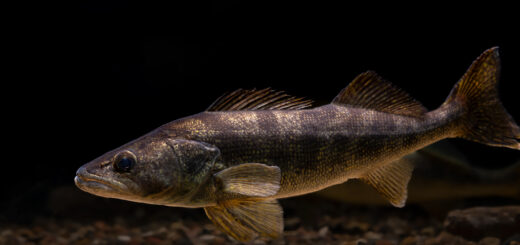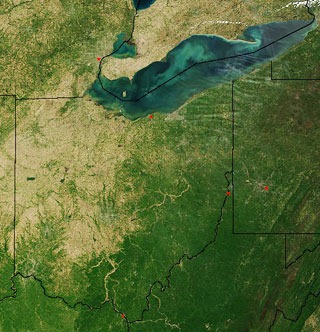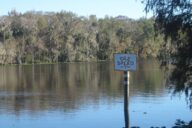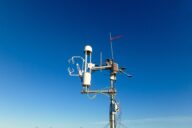Lake Erie forecasted for algae relief in 2012
0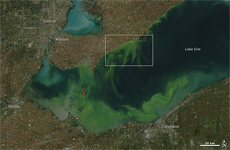 Researchers expect a smaller, thinner algal bloom on Lake Erie this year due to unusual spring weather than last year. Because blue-green algae grow best in nutrient-rich, warm water, less could grow this year due to a lack of rain to push nutrients into the lake and cooler temperatures. The bloom last year was the largest on record, killing fish and deterring tourists. Though the forecast is for a reduced bloom this year, unpredictable weather could change that. The state of Ohio is pressuring farmers to reduce fertilizer use, especially near drainage areas.
Researchers expect a smaller, thinner algal bloom on Lake Erie this year due to unusual spring weather than last year. Because blue-green algae grow best in nutrient-rich, warm water, less could grow this year due to a lack of rain to push nutrients into the lake and cooler temperatures. The bloom last year was the largest on record, killing fish and deterring tourists. Though the forecast is for a reduced bloom this year, unpredictable weather could change that. The state of Ohio is pressuring farmers to reduce fertilizer use, especially near drainage areas.
Read more at the Dayton Daily News.
Image credit: NOAA Earth Observatory.
Share




